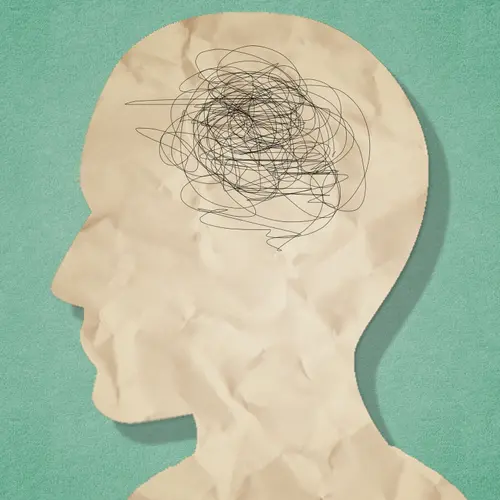If you have attention deficit hyperactivity disorder (ADHD), you might find making and keeping friends, talking to co-workers, or just saying the right things in a social setting difficult or awkward. That’s because your ADHD-related symptoms such as inattention, impulsivity, and hyperactivity could be getting in the way.
While stimulant medications can help with ADHD symptoms, they won’t build your social skills. What can you do? Well, practice makes perfect. Here are a few tips you can use to master your social skills in both personal and professional settings.
Tips to Master Social Skills With ADHD
When you’re about to mingle with your friends, family, co-workers, or go on a date, preparing yourself beforehand can help. For example, you can read books or articles or look up what to expect during such gatherings. Practice social cues like eye contact, active listening, and allowing others to speak before you do.
Here’s are few things you can focus on:
Keep an open mind. If someone gives feedback on your social behavior, appreciate and use the opportunity as a learning curve.
Set goals. Pick one or two things you might want to work on at a time. For example, inattention might make it difficult to have smooth, flowing conversations. If you’re trying to improve your ability to talk without interrupting someone, practice just that. Don’t worry about eye contact or what you’re talking about until you master this one skill. And then you can slowly graduate to other social skills.
Practice the echo. Lack of attention can get in the way of fully listening or understanding what someone tells you. To make sure you heard it all, practice repeating what someone says in the form of a question. This will help you check in with others or yourself.
For example, you can say, “I heard you say that. Did I miss anything?” This feedback loophole can help you avoid missing key information in any conversation. It can also improve self-awareness.
Observe others. One of the best ways to learn social cues is to just watch and observe how others around you do it in different settings. This could be at home, a restaurant, or at work. This can help you copy some of their skills or use something similar. You can observe either in real life or look up videos on the internet.
Role play. To practice what you’ve learnt, try to reenact a possible situation beforehand. For example, if you’re going on a date, you can practice speaking in front of a mirror. You can also ask a friend to role play as if you were at a restaurant eating a meal. Come up with questions you would like to ask during the date and rehearse them. You could even practice how you might respond to questions the person might ask. This can lower any anxiety or stress you may have going into this social situation.
Visualize. If you’re about to mingle with a lot of people or meet up at a new location, this might create a lot of uncertainty. To get over this bump, try to visualize or imagine the scene and the type of conversations or discussion you may have beforehand. This will help you practice the skills you might need in that particular social scene. For example, if you’re going to a gathering after work, your conversations can be more casual but it’s still different from talking to your close friends. Imagine such a gathering and rehearse casual topics of discussion several times. This can help you go in prepared and ease any anxiety or stress you may have about it.
Use prompts. You might need reminders to help stay on track at a social gathering or at work to keep your ADHD symptoms at bay. Prompts can be visual like index cards or sticky notes. It could also be a verbal prompt where a friend or co-worker might remind you to be quiet. It can also include a physical gesture like pointing to a watch. A hand signal to slow down if you’re being hyperactive or to get your attention if you drift away might help, too. You can also set reminders on your phone and use apps to help you stay on track and organized.
Social skills are something you can learn and improve overtime with practice and repetition. As you expand your social group personally and professionally, try to ask for useful feedback from those who are willing to help. If you hit a roadblock, hire a professional life or career coach or mentor to help if you’re able to.

